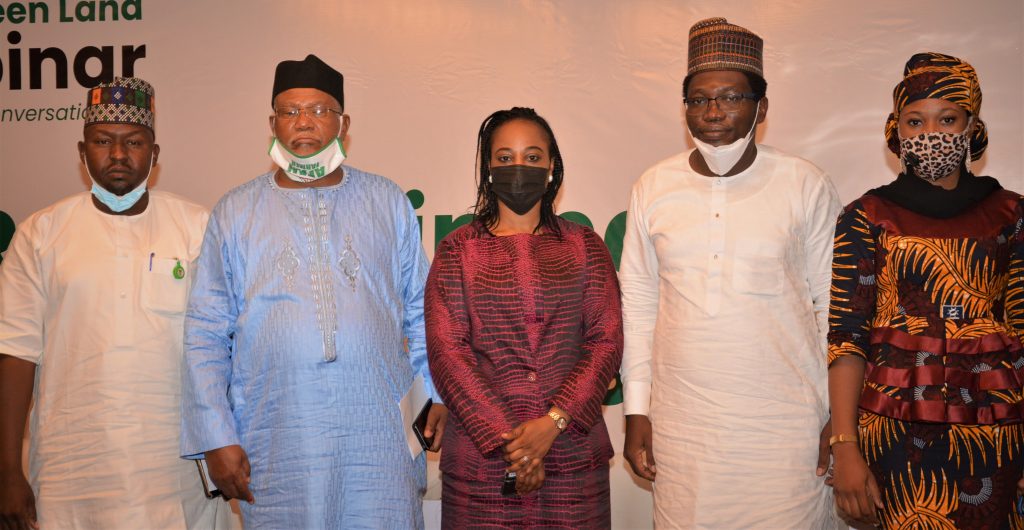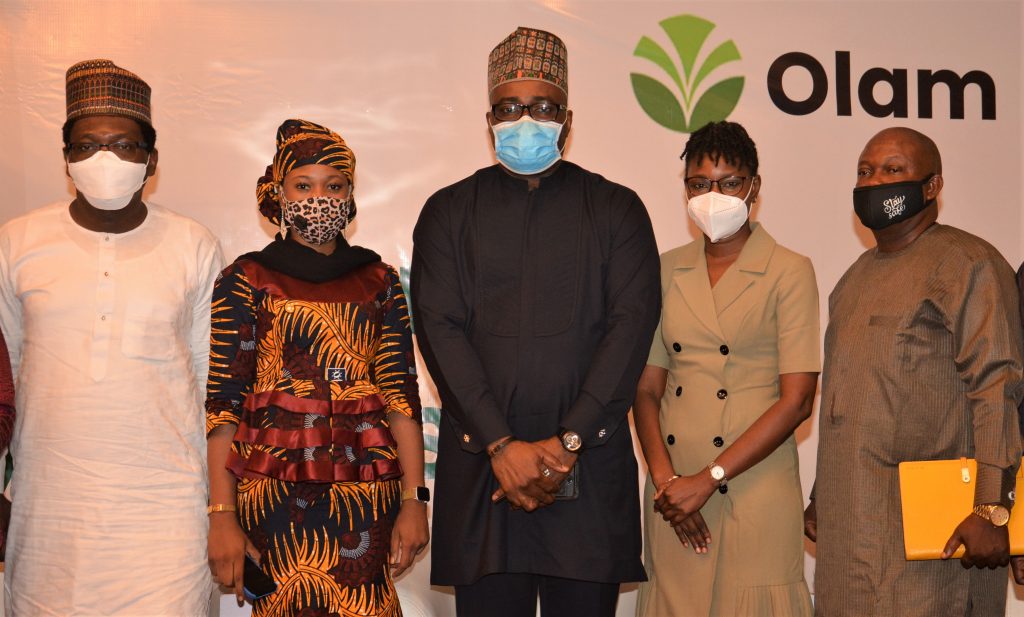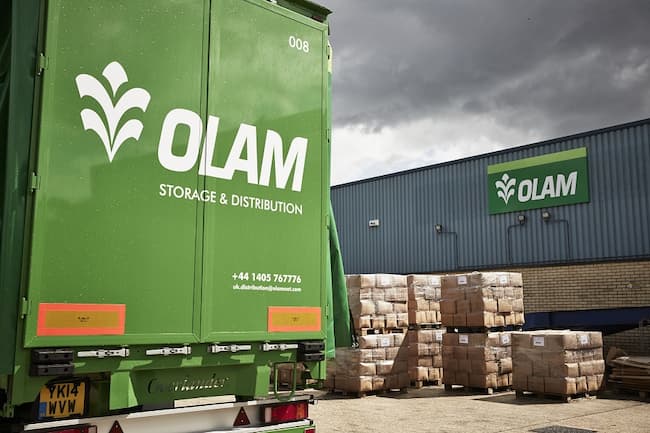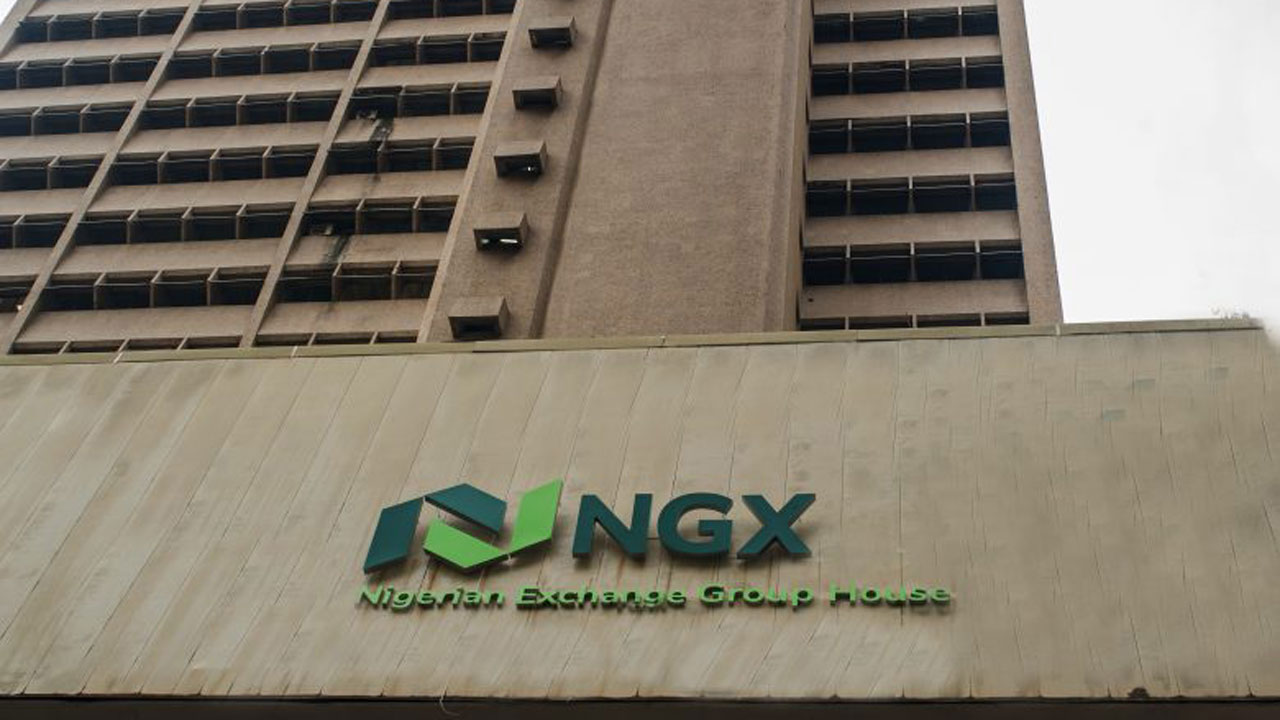Nigeria’s leading wheat value-chain company, Olam, recently organised the maiden edition of the Olam Green Land Webinar series with the theme ‘Deepening the wheat farming development programme in Nigeria through innovation, increasing investments and collaborations’.
The aim of the webinar, one of a series, is to give insights into the hurdles encountered in the wheat value-chain business while calling on both the public and private sectors to play active roles by providing solutions.
The discourse had in attendance a senior scientist at the International Centre for the Agricultural Research in the Dry Areas, Morocco, Dr. Filippo Maria Bassi; the Chairman, House of Representatives Committee on Agricultural College and Institution, Alhaji Dan Agundi, and Head, Wheat Development Programme, Flour Millers Association of Nigeria (FMAN), Sarah Hubber.

Other notable personalities include the National President of the Wheat Farmers Association of Nigeria (WFAN), Alhaji Salim Saleh Muhammad, a professional Wheat Breeder and the Principal Research Officer at the Lake Chad Research Institute (LCRI), Maiduguri, Mr. Kachalla Kyari Mala, and Director of Planning and Policy Coordination, Federal Ministry of Agriculture and Rural Development, Zubairu Abdullahi, among others.
Explaining the importance of the Olam Green Land Webinar Series, the Managing Director of Crown Flour Mill Limited, a subsidiary of the Olam Group, Ashish Pande, said that it was to identify the major drivers of growth in Nigeria’s wheat value chain.
READ ALSO: Limited Use Of Gas For Power Affects 120m Nigerians – Sylva
Pande also stated that the webinar series would help players in the business effectively handle challenges in the production of wheat in the country, especially in terms of production.
Proffering a way forward, the keynote speaker at the event, Bassi, said that Nigeria would need to define the best seed variety for every region in the country and also put into consideration factors like seed maturity, yield, irrigation, and milling quality level for an optimum wheat supply nationally.

“Once that is done, it will be easier to work with the various partners to deliver the ‘perfect’ variety”, Bassi noted.
Hubber and Agundi agreed that the Federal Ministry of Agriculture had a role to play in engaging stakeholders in the wheat value chain, parsing the challenges impeding the optimal production of wheat in the country on a quarterly or monthly basis.
The panelists reached a consensus on the best way to tackle the hurdles limiting growth, adding that plans that would help to cut down the wheat import bill be formulated.












